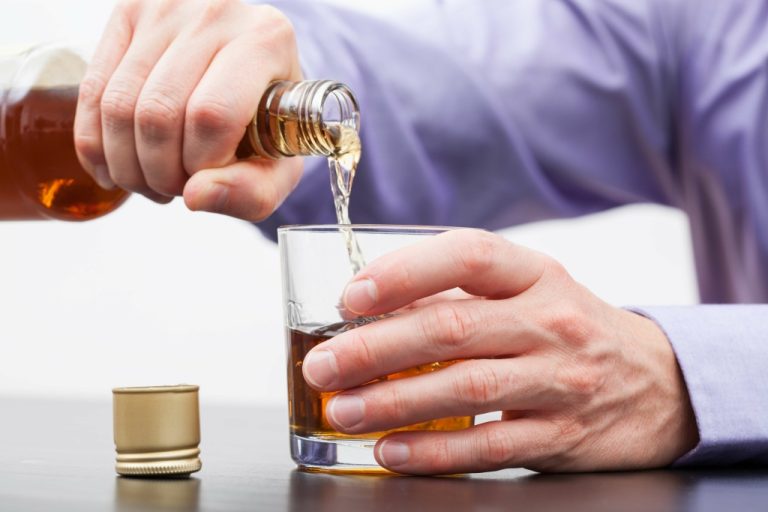The thoughts you’re having can be difficult to say out loud, and you may be unsure how to accurately depict how you’re feeling, but art therapy makes the process easier while still reaching the intended goal. Even if you’re simply creating art solo or as a small group, the healing power of art may be exactly what you need to http://ylufutepa.ru/203363973-pustyat-li-v-bsseyn-s-105.html express your own feelings. ECHO Recovery is a community filled with people who once felt they had no direction. For many of us, artistic expression provided the key we needed to unlock new ways to improve our mental state. Recovery lasts a lifetime, and it can thus be a lengthy journey, but it’s a journey worth taking.
The Healing Power Of Art Therapy
Working closely with an art therapist, you will be guided through various creative exercises designed to enhance your overall mental well-being. As you engage in these art therapy, your therapist will help you gain insights into your thoughts and feelings, promoting a healthier relationship with yourself and your recovery journey. Sculpture making allows individuals in addiction recovery to engage with art materials in a tactile and three-dimensional way. By working with clay, wire, or other sculpting materials, participants can explore their creativity, improve focus, and develop a sense of accomplishment as they create tangible objects.

Self-Expression in Art Eases the Effects of Trauma
This is key, because language often fails to fully communicate the intense emotions involved in the recovery process. Art therapy can offer a release of emotions and provide a tangible object you can discuss with a therapist and others. Art can also be an effective tool to combine with other aspects of treatment such as detox, counseling, and support groups. In today’s fast-paced and often stressful world, it’s more important than ever to find ways to relax, unwind, and take care of our mental health. One powerful tool for reducing stress and promoting well-being is art therapy.
Why We Support Art in Addiction Recovery

His art therapist encouraged him to draw a second picture of what he hopes to feel like a year from now. If you’re in a group setting, you, the therapist, and your group members can begin to understand the conflicts or triggers that are leading to your current emotions. Together, you can draw on shared experiences to tackle these issues and suggest ways to resolve them productively.
- Glue the phrases onto the cardboard to create a collage of positive, self-healing words.
- Expression through art can help individuals communicate their feelings and take the next steps to recover.
Studies are often small and inconclusive, so further research is needed to explore how and when art therapy may be most beneficial. Art therapy is more than an emotional outlet; it’s a manifestation of a person’s inner being. There’s beauty in that, and often inspires a person to delve further into their artistry, while helping others step outside of the fear of judgment to begin exploring art therapy for themselves.

Benefits of Expressive Arts Therapy for Addiction Recovery
For many people, jotting down a note on paper can not only serve to help them remember the thoughts occurring at any given time, but they may also interpret them differently after viewing it on paper. Art therapy can be powerful in motivating and encouraging people to continue their recovery journey from substance abuse. No artistic skill is required for art therapy; the key is a willingness to engage in the process. A trained therapist guides these sessions, which are adaptable settings like group counseling and medication-assisted treatment. Pleasant memories with loved ones and favorite places and things are our cornerstones, evoking positive, sentimental emotions that promote healthy recovery.
Doctors noted that individuals living with mental illness often expressed themselves in drawings and other artworks, which led many to explore the use of art as a healing strategy. Since then, art has become an important part of the therapeutic field and is used in some assessment and treatment techniques. By engaging in expressive arts therapy, you can better understand and communicate your emotions while experiencing a safe and effective means of personal growth during your recovery journey. Incorporating expressive arts therapy into your drug or alcohol addiction treatment plan can offer a valuable way to address your emotional needs, build resilience, and foster a more balanced, fulfilling life. FAMILY FOCUSED.The Blanchard Institute cultivates a safe, comfortable environment for clients and families across North Carolina to be emotionally connected to their treatment provider.

- Some common techniques include creative writing, where you may be given an initial prompt or a specific topic to explore.
- Many people lose touch with their true selves when their primary relationship is with drugs or alcohol.
Through the creative process, expressive arts therapy empowers you to find emotional balance which can aid you in your recovery process. People who cannot explain their thoughts or feelings to a therapist or group can benefit from https://yamaya.ru/yamaya-dreams/3495/ addiction recovery art, which may help them break through and gradually begin to discover the words. Remember that the purpose of discovering new addiction recovery art project ideas is to concentrate on your unique journey.
Art has existed for millennia, both as an essential form of communication and as a means of creative expression. People with SUD who have previously felt defeated and isolated from the world can reconnect with it once again through art. As individuals are on the road to recovery, they may have a lot of gratitude toward others who have helped them get to where http://massage-relaks.ru/tovary-i-uslugi/massazhery-i-massazhnye-kresla/fitstudio-foot-therapy1.html they are today. Creating thank you cards is a great way to show appreciation and support positive feelings and an optimistic mind. Participants can start by creating their jar out of clay, as the process of molding clay can be a relaxing experience. They can also decorate or paint a wooden box that will hold the memorable items or self-care trinkets.

